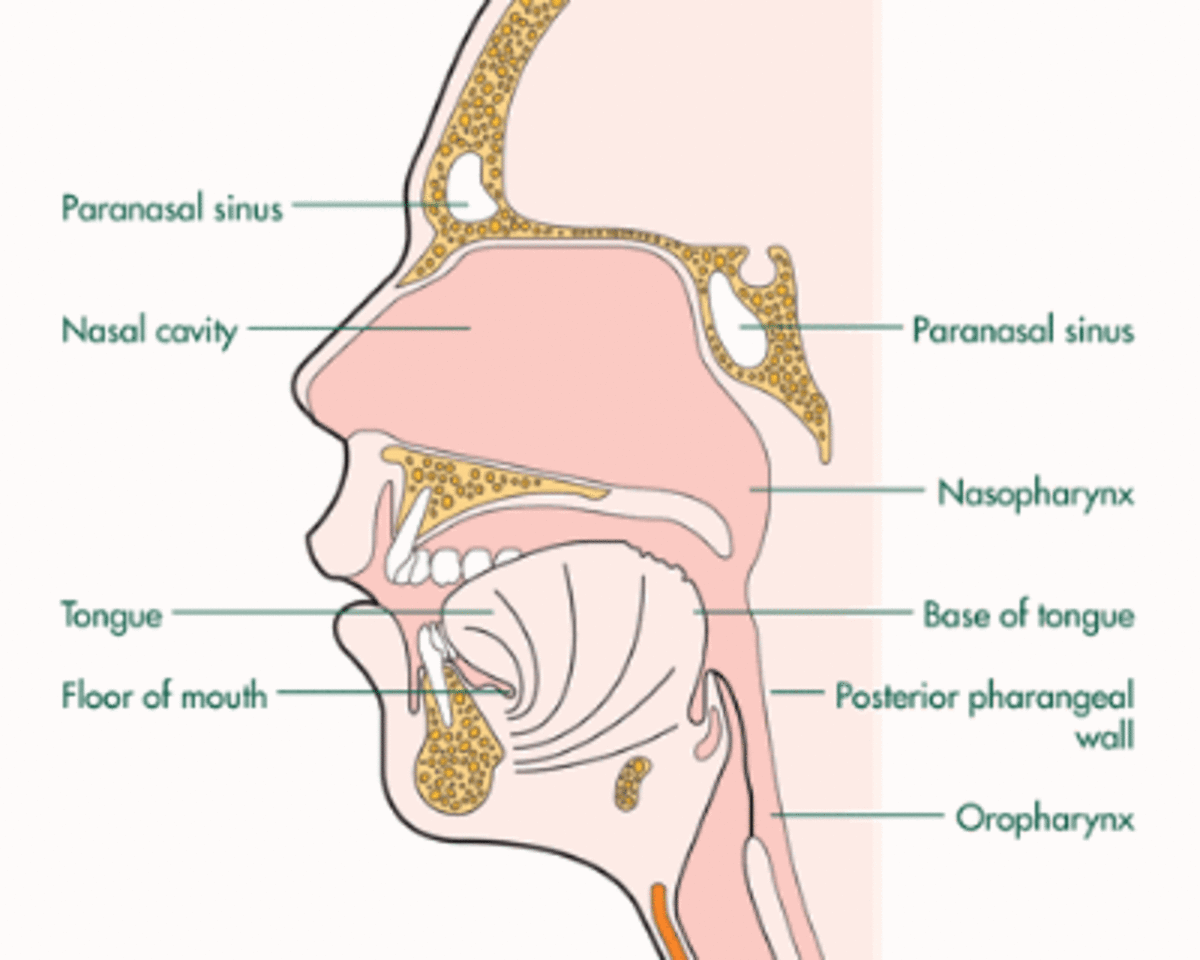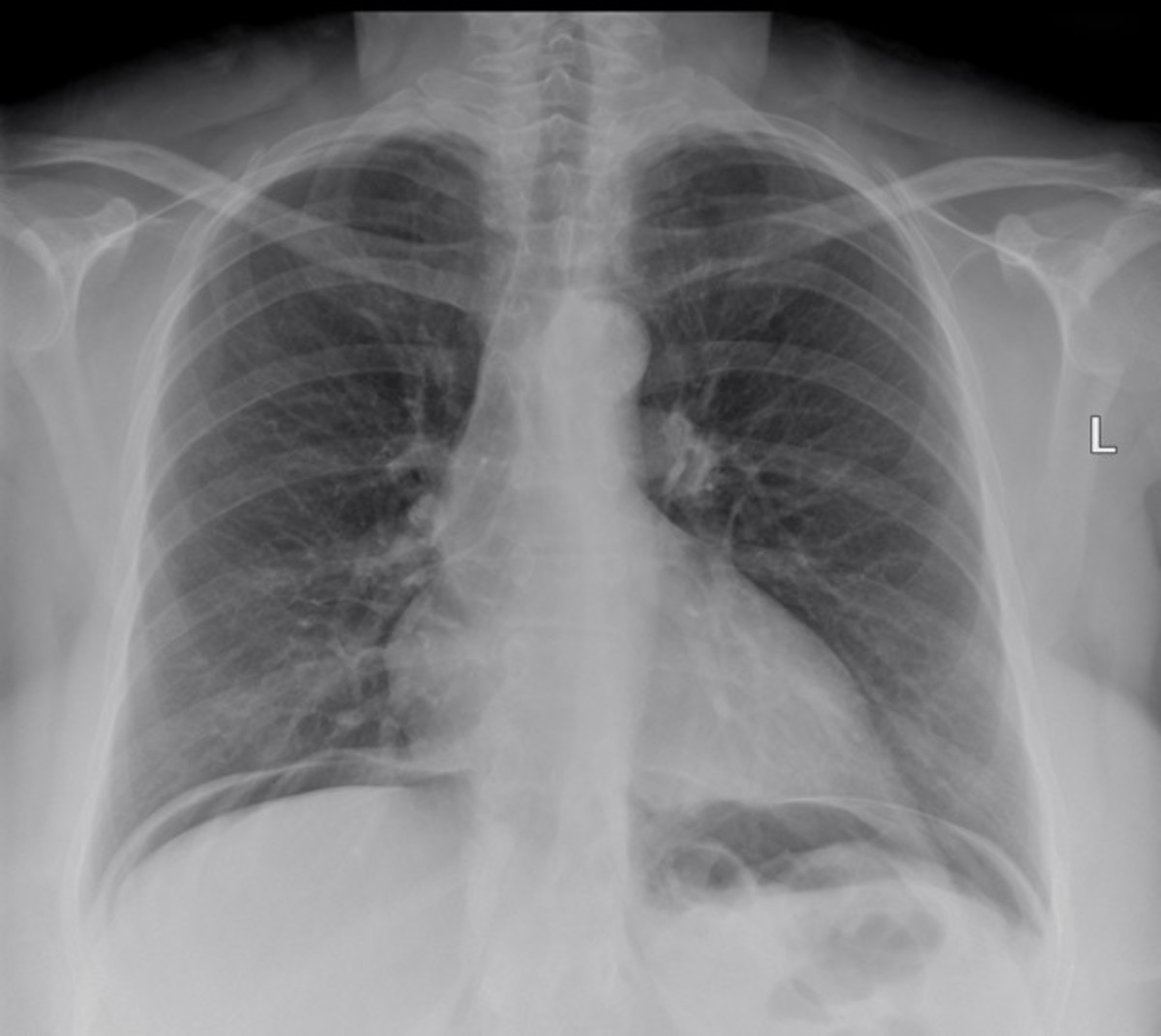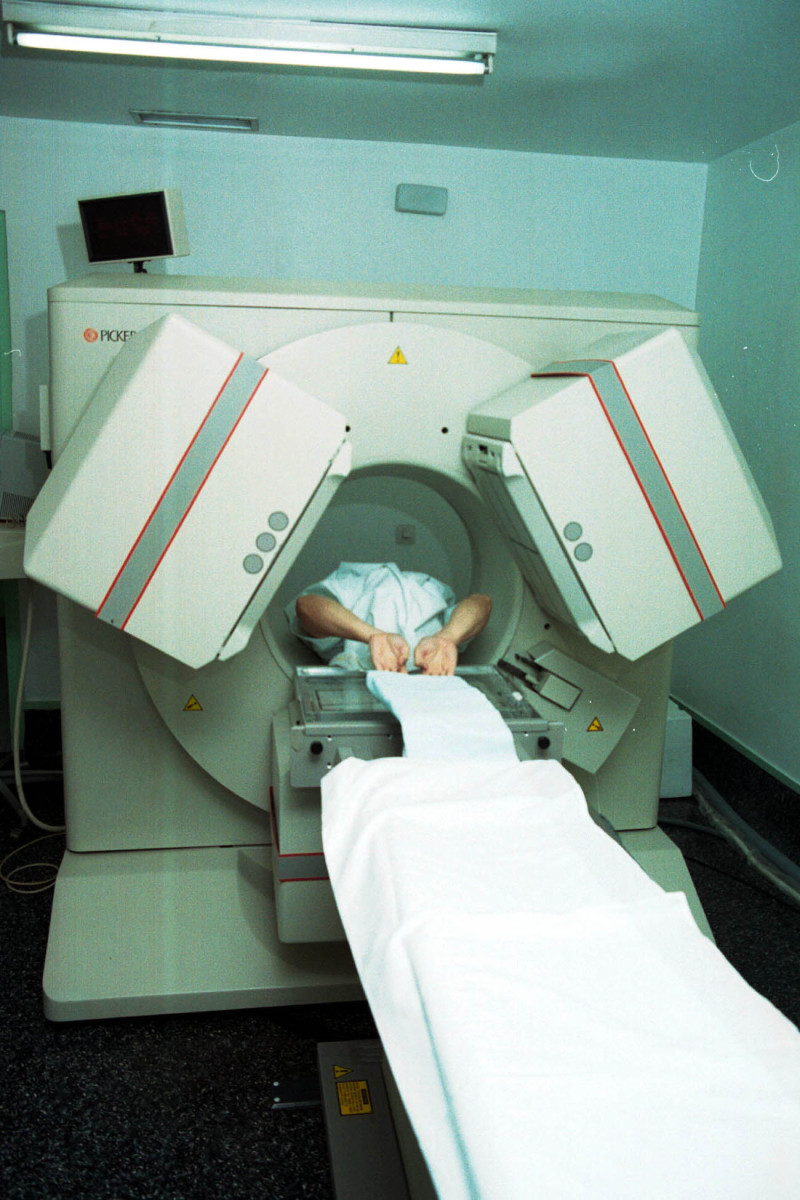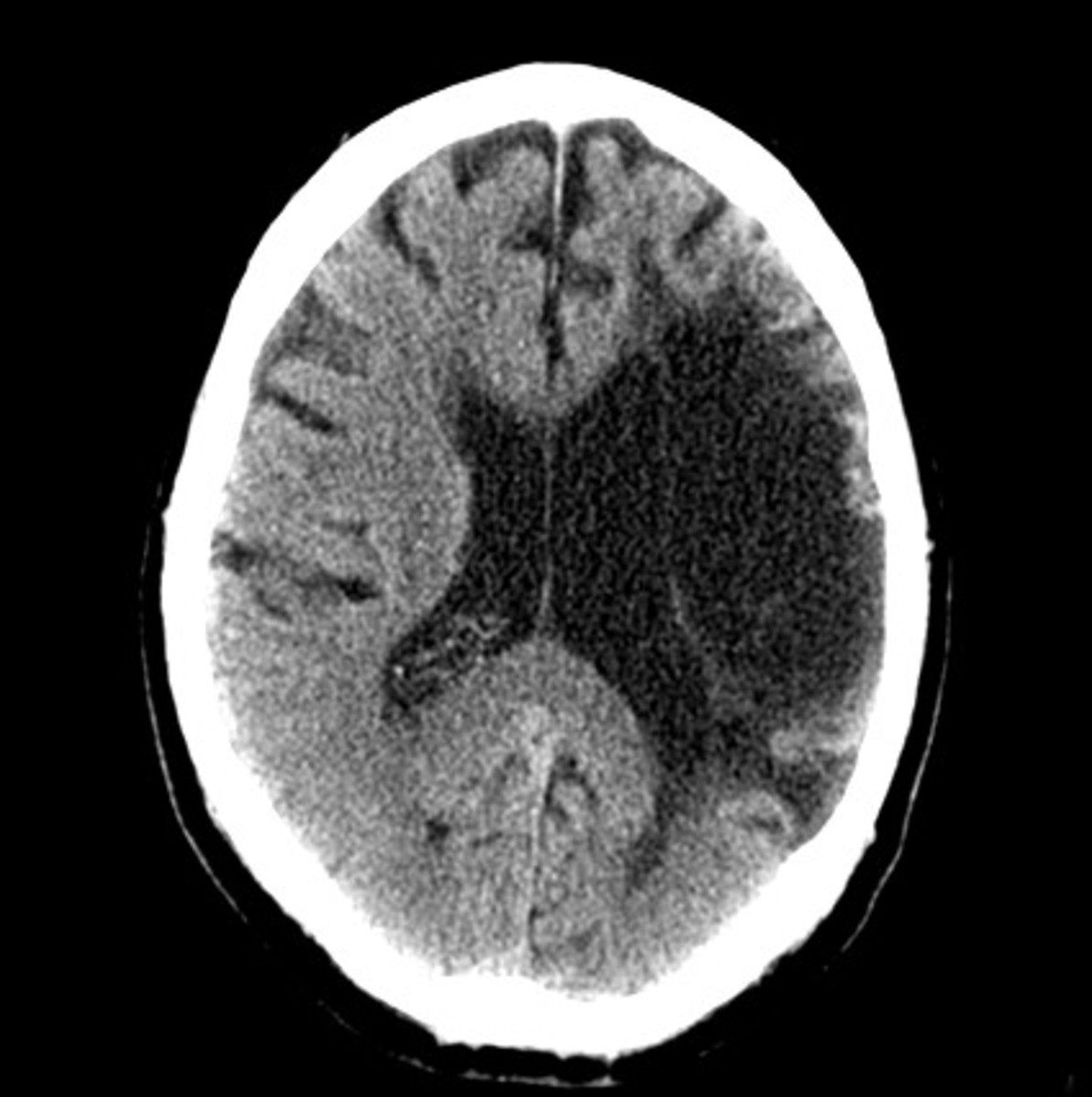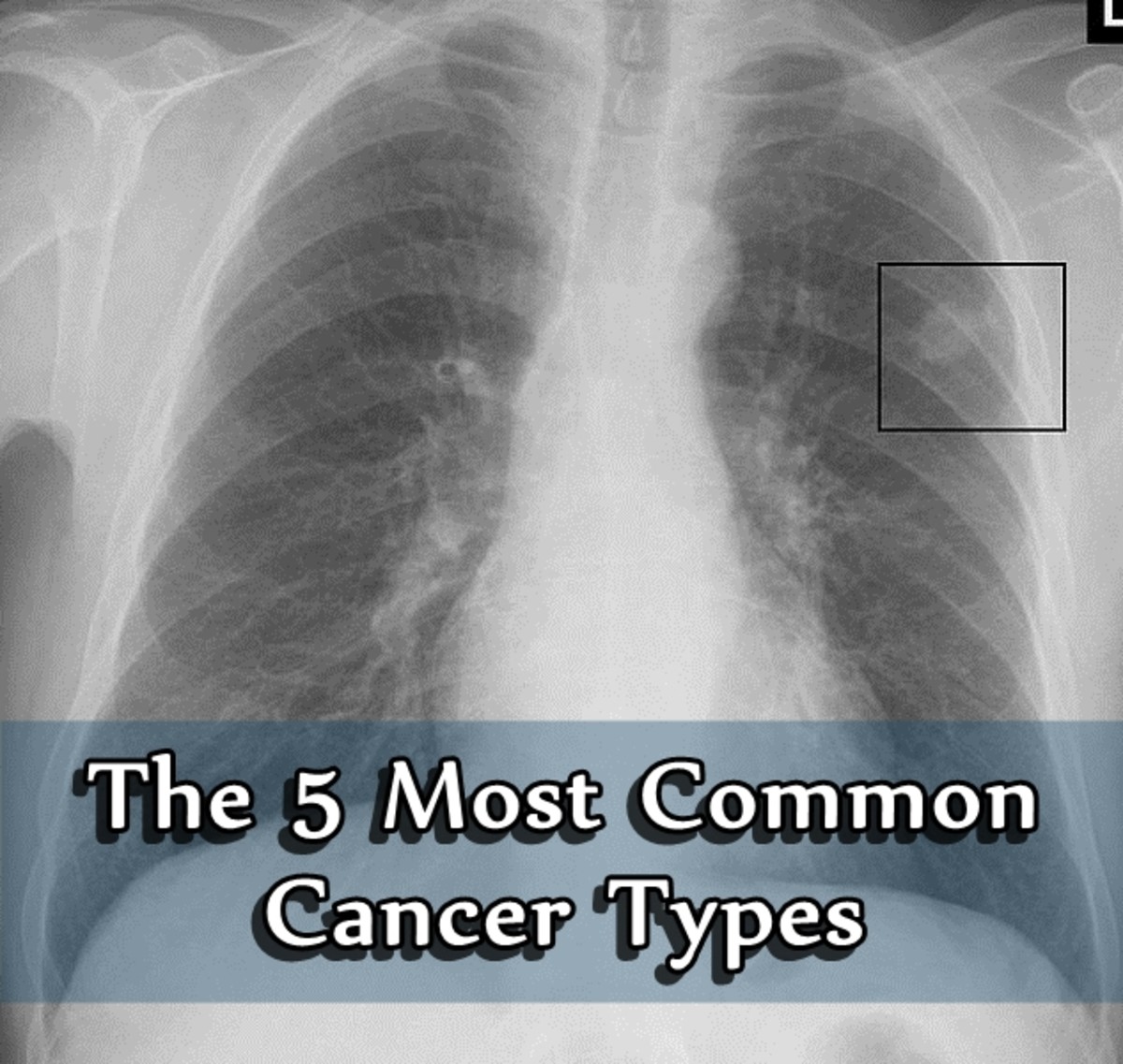Diagnosing Malignant Mesothelioma

Causes & Prognosis
Mesothelioma is a rare form of cancer that develops from the protective lining (mesothelium) that covers many of the internal organs of the body. No matter which organ is affected by mesothelioma, lungs, abdomen, or heart, this form of cancer is one of the most devastating diseases for patients to learn about. Prognosis is poor with survival rates from 1-5 years after initial diagnosis, many cases living less than one year.
There are very rare cases of benign mesothelioma, so for the purposes in this article we will be discussing malignant mesothelioma. The only known cause is having a history of exposure to asbestos, sometimes taking up to twenty to fifty years after exposure before the patient begins exhibiting signs and symptoms of mesothelioma.

Pleural Mesothelioma
Pleural mesothelioma is different from lung cancer in that there is no connection between mesothelioma and smoking. This is the most common type of mesothelioma and accounts for 75% of all confirmed cases. It affects the outer lining of the lungs and internal chest wall, or pleura. Pleural changes include thickening and calcification of the lining.
Signs & Symptoms
*pain in the lower back
*pain in the side of the chest
*shortness of breath
*persistent cough
*difficulty swallowing food
*fever
*night sweats
*fatigue
*weight loss

Diagnosis
Most patients (80% to 95%) show pleural effusion on x-ray on initial examination. This can mimic congestive heart failure in the early stages because the fluid is still flowing freely. In more advanced cases the fluid does not move. More definitive testing includes: CT scans, MRIs, PET scans, or the analysis of pleural fluid. The most definitive and used technology today is by use of video-assisted thoracoscopy (VATS), which has a diagnostic yield of >95%.
Treatment
Treatment options will be based on a number of factors, especially the staging of the cancer. Surgery, chemotherapy, radiotherapy, or a combination of all three called trimodal therapy, gene therapy, clinical trials, and immunotherapy are just to name some of the options that may be discussed with a newly diagnosed patient with pleural mesothelioma. Although there are several options, it doesn't change the fact that 10% of pleural mesothelioma patients will survive 3-5 years after diagnosis, and about 5% will survive for five or more years.
*Doctors may have difficulty determining a diagnosis on the symptoms of any type of mesothelioma alone since they are common for a wide variety of ailments. A known history to asbestos exposure will usually prompt doctors to begin testing for mesothelioma in patients exhibiting any of these signs & symptoms.*
Pericardial Mesothelioma
Pericardial mesothelioma is the rarest form of this aggressive form of cancer and accounts for less than 10% of all mesothelioma cases. Since asbestos related cancers are found to be caused by tiny inhaled or ingested asbestos particles, it is not known exactly how the particles get lodged in the pericardium, or tissue lining of the heart.
Some scientists and researchers believe that the incidence occurs when particles make their way through the lungs and lodge around the heart. Symptoms often mimic those of other cardiac disorders, making diagnosis even more difficult. All other cardiac disorders must be ruled out before a definitive diagnosis can be made.

Signs & Symptoms
*heart palpitations or arrhythmia
*chest pain
*heart murmurs
*cough
*dyspnea (difficulty breathing, even at rest)
*orthopnea (dyspnea which occurs when lying down)
*fatigue
*fever
*night sweats
Diagnosis
Pericardial mesothelioma can often resemble rheumatic fever, lupus erythematocous, or tuberculosis pericarditis, all difficult to diagnose disorders. Diagnosing pericardial mesothelioma may involve the use of x-rays, computed tomography (CT) scans, and magnetic resonance imaging (MRI).
These tests can help locate the position of any pericardial tumors or any visible thickening of the pericardium. Examination of fluid aspirated from the pericardial cavity only finds the mailignant cells of this dosorder 30% of the time. Fluid is usually removed only as a comfort measure from ascites or excessive edema caused by this fatal cancer.
Treatment
Although early detection is rare, surgery is possible in the early stages of the cancer, yet remains very risky due to its connection with the heart and lungs. This type of mesothelioma is not usually diagnosed until surgery is no longer an option. By the time it is diagnosed, as seen in 25-45% of all cases, it has already spread to the lymph nodes, lungs, chest wall, or other vital organs.
Palliative care and comfort measures are the only reasonable and compassionate treatment options for advanced form of this cancer. Comfort measures of draining pericardial fluid and pain control are the biggest and most frequently faced issues of patients who have been diagnosed with pericardial mesothelioma. Prognosis is extremely poor and life expectancy is usually less than six months.
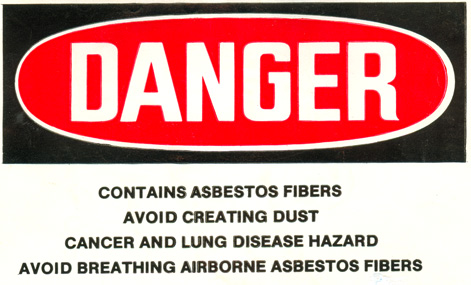
Peritoneal Mesothelioma
Peritoneal mesothelioma invades the abdominal lining or visceral and parietal peritoneum. The primary purpose of the peritoneum is for protecting and insulating the abdominal organs. This form of mesothelioma is accountable for 25-30% of diagnosed cases of this rare cancer. A previous work history involving exposure to asbestos is again the key component found just before a definitive diagnosis is made.
Signs & Symptoms
*stomach pain
*nausea and vomiting
*weight loss
*fever
*anemia

Diagnosis
A diagnosis of peritoneal mesothelioma is almost impossible to confirm and is not usually made until the disease is in the advanced stages. Multiple organs are often involved upon diagnosis such as the abdominal organs, lungs, lymph nodes, and heart. CT scans can help confirm the presence of tumors with or without fluid.
There is no cure for peritoneal mesothelioma, yet the life expectancy is greater than that of those with pleural mesothelioma. Patients with peritoneal mesothelioma are usually given 2-5 years to live.
Treatment
There is no cure for peritoneal mesothelioma and treatment options are basically the same as those for sufferers of pleural mesothelioma. There is some hope possibly in the near future with a new method of treatment involving the removal of all or almost all of the visible tumor called cytoreduction. The amount of the tumor that can be reduced depends on a certain set of criteria that is first evaluated by the attending physician.



